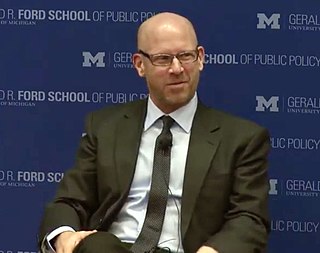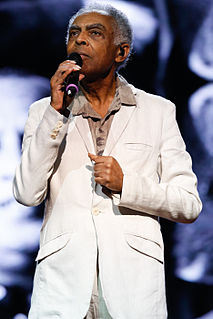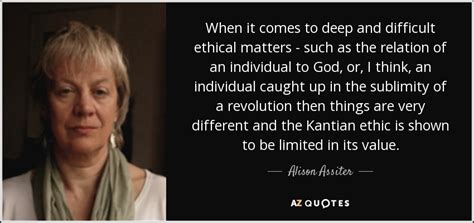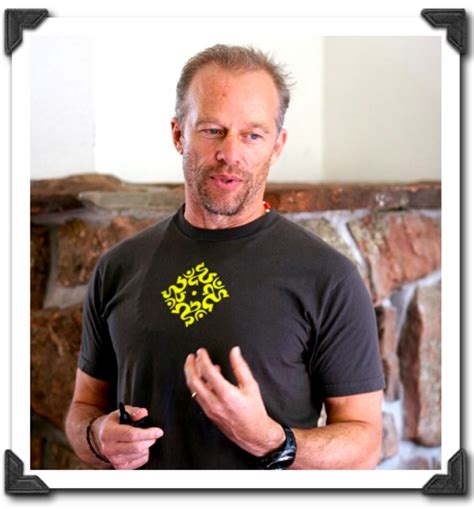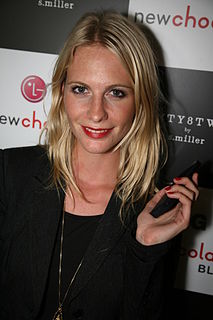A Quote by Jonathan Michel Metzl
I think that we're making a mistake if we don't see that there is a cultural basis to many illnesses, not just psychiatric ones. Breast cancer would be one prevalent example right now, different kind of cultures surrounding it. If you don't understand the cultural meaning of an illness like that you're going to miss the boat even if you're a great scientist.
Related Quotes
Sponsors, corporate endowments, and the heritage of the big fortunes would take care of financing cultural projects when American society was homogeneous. Now it's too complex, it's a mix. Different cultures in collision. I think it starts to be necessary to have a government institution to deal with cultural affairs.
I think the stigma surrounding mental illness and also the stigma surrounding self-esteem issues or insecurities or just even feeling different is something that doesn't really get enough attention. Everybody struggles with feeling alone or that they are going through something they don't quite understand.
I think the driving force for cultural evolution is this desire for groups to be splitting off and separating and forming subgroups insofar as the environment will allow it. We see great cultural diversity and large numbers of cultures per unit area in regions of the world in which the environment is really rich.
Cultural conditioning is like bad software. Over and over it's diddled with and re-written so that it can just run on the next attempt. But there is cultural hardware, and it's that cultural hardware, otherwise known as authentic being, that we are propelled toward by the example of the shaman and the techniques of the shaman. ... Shamanism therefore is a call to authenticity.
Cultural diversity and cultural change are desirable and inevitable. We are cultural animals, someone without a culture is not human. But the cultures we possess vary enormously. Indeed, the variability, over time and space is the great evolutionary advantage of humanity. Instead of changing biologically over millennia, human beings can change culturally over decades
There is this expectation that as January 1st dawns, we're going to do it differently. Moreover, there's this kind of pressure, that even if I've been trying to be different for a while, January 1st, from here on in - I have to be different. There's a cultural expectation, there's a personal expectation. I think it's worth just taking pause for a minute and talking about that.
I always point out to my Passover guests that the Hebrews were not living in isolation. They were at the crossroads of several great, elaborate cultures with their own mythology and religion and art and architecture and cultural belief. In fact, so many of the mythologies of the world describe the same events, just from different points of view.
When you say what is the difference between me and my stage name the idea is that as a musician you always think of yourself as inhabiting a certain cultural space in the kind of a cultural landscape, so when I say cultural space what I mean to imply there is that you exist within certain parameters of how people think of culture.
